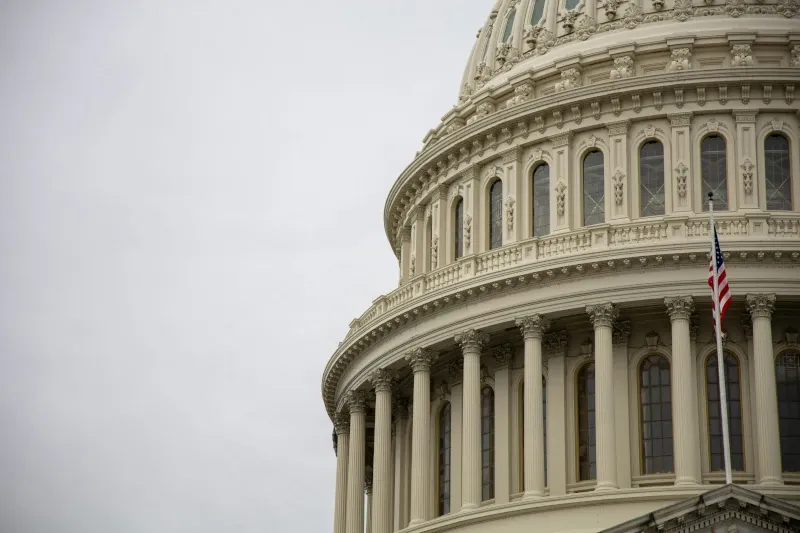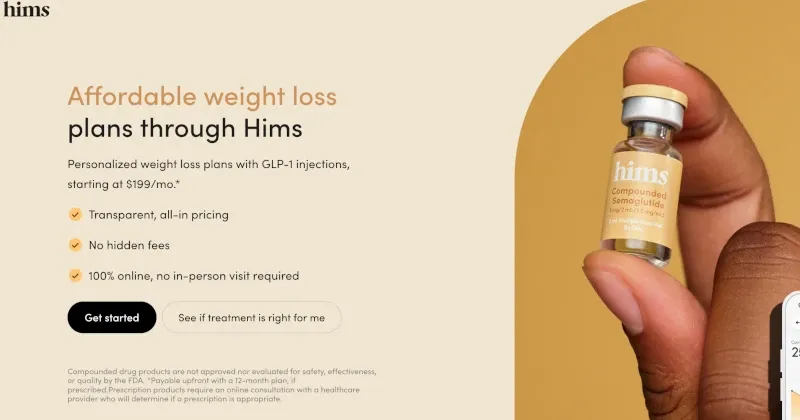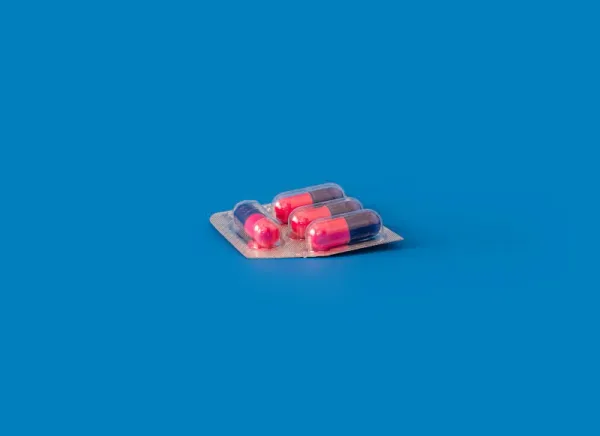How much are people paying for GLP1s? (2024/11)
We take another look at reports of what people are paying for GLP1s with/without insurance and everywhere in between.

GLP1s are in high demand, but the supply has been limited (most GLP1s are still on the FDA shortage list), and what consumers actually pay for GLP1 treatments over various time-frames changes dramatically.
What is "sticker price" for GLP1s?
There are various general estimates for GLP1s, which have different formulations. Brand names like Ozempic, Wegovy have pricing power and go for somewhat more than the oft-quoted "$1000" price tag, but here's what we generally find:
| Medication | Approximate Monthly Cost | Acquisition Methods | Notes |
|---|
| Ozempic | $1,200 | Prescription via insurance or out-of-pocket | Prices in the U.S. are significantly higher compared to other countries; Medicare price negotiations may reduce costs in the future. |
| Wegovy | $1,349 | Prescription via insurance or out-of-pocket | Similar cost concerns as Ozempic; some patients seek compounded versions due to high prices. |
| Mounjaro | $1,000+ | Prescription via insurance or out-of-pocket | Eli Lilly offers lower-cost versions through direct purchase programs, with prices ranging from $399 to $650 per month depending on dosage. |
| Compounded GLP-1s | $300–$400 | Compounding pharmacies | Not FDA-approved; safety and efficacy concerns exist. Patients turn to these due to lower costs and insurance coverage gaps. |
What are people reporting paying?
Surveying some Reddit communities, we've found threads that outline what people are reportedly paying for their GLP1 treatments, and it has been eye opening:
What’re you paying for Wegovy?
by in WegovyWeightLoss
While there are many of these threads, we found that many of these prices were dramatically lower than the "sticker price" of GLP1s, but through various means.
| Cost Range | Acquisition Method | Details |
|---|
| $25–$50 | Insurance Coverage | Some users report paying minimal co-pays through their insurance plans, indicating comprehensive coverage for GLP-1 medications. |
| $200–$400 | Compounding Pharmacies | Individuals obtain compounded versions of GLP-1 medications from specialized pharmacies, often due to lower costs compared to brand-name drugs. |
| $500–$800 | Out-of-Pocket | Some users pay directly for brand-name medications without insurance assistance, negotiating prices or using discount programs to reduce costs. |
Some data points that stuck out to us in particular:
- One commenter received their treatments for free through the Veterans Affairs ("VA")
- Multiple commenters noted receiving free treatments via high quality insurance
- Various insurance companies were noted:
- CVS CareMark
- Cigna
- Various insurance companies were noted:
- Commenters reporting co-pays ranging from $4 to $25
- One commenter in Germany reported prices of 171-200 euros without insurance
- One commenter in Sweden paying $360 without insurance
- Variable deductible plans that cost thousands to start and then $25 consistently afterwards.
- Commenter in Canada reporting paying $97 CAD (roughly $68 USD) with 80% coverage by insurance
- Another candian without insurance coverage reported paying $463 CAD (roughly $326 USD)
- Commenters often noted using manufacturer-provided coupons and paying roughly $650 USD.
From where we sit, the ideal way of getting GLP1s seems to consistently be through proper health insurance coverage (in countries where relevant).
Not only are prices cheaper, but access to name-brand drugs for a fraction of the price (given some other costs for the health plan) are an ideal scenario.
Zooming in on compounded GLP1s
Pharmaceutical compounding (the practice of creating a well-known drug via other means) is often used when a drug is in shortage (often, that it is the only time it is legal to reproduce a patented formulation).
Given the amazing efficacy and popularity of GLP1s, compounding pharmacies have been an extremely popular low-cost route to getting access to GLP1 formulations like Semaglutide (Ozempic, Wegovy), Tirzepatide (Zepbound, Mounjaro), and others.
There have been reports of bad formulations and more commonly scattered anecdotal reports of people being given ineffective or even worse tainted formulations of GLP1 Receptor Agonists from pharmacies.
Extreme caution is recommended and likely required.
Clearly, it's easier for smaller companies that did not spend the money on Research and Development ("R&D") necessary to create these drugs to sell at cheaper prices. While this means lower prices for consumers, this approach is likely untenable in the long term outside of a GLP1 shortage declared by the FDA, which has shown signs of freying lately:

What are people reporting paying for Compounded GLP1s?
While it's somewhat harder to find prices for compounded GLP1s, many users in another subreddit that is a bit more open about discussing compounded solutions:
How Much Do You Pay For Yours?
by u/Rebma90 in SemaglutideFreeSpeech
While it's hard to account for quality, safety and other important metrics from various providers that are unaffiliated with any larger companies, the thread can serve educational value as to what people are paying through various providers.
Slightly more reliable are the posted prices by larger companies that have turned to compounding pharmacies – famously HIMS which provides GLP1 injections for $199 USD/month:

It is inherently dangerous to recommend usage of compounding, with the disparity in quality, safety and other important factors that can appear between providers, but it's important to explore it as an option, and to recognize companies that are seeking to raise the quality bar and offer quality service.
The American Diabetes Association (ADA) has issued a statement on their concerns around compounded GLP1:

“These medications are critical not just for diabetes and weight management, but also for mitigation of cardiovascular and kidney disease risks in high-risk individuals,” said Dr. Joshua J. Neumiller, the ADA’s president-elect, health care & education and the statement’s lead author. “We urge health care professionals to consider this guidance statement due to concerns around the safety, quality, and effectiveness of compounded versions of these products.”
While this is short of outright advising against the use of compounded GLP1, this does highlight the need for caution.





